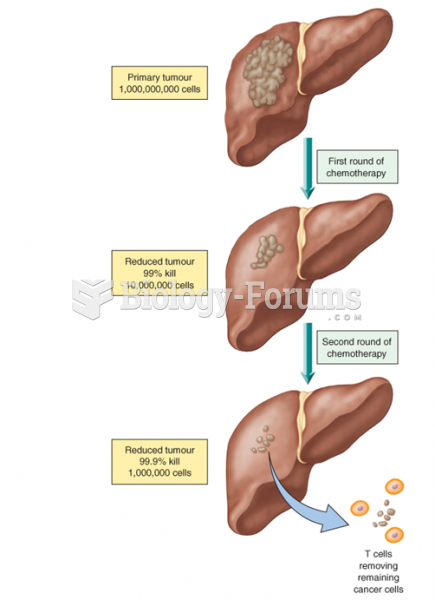|
|
|
Hip fractures are the most serious consequences of osteoporosis. The incidence of hip fractures increases with each decade among patients in their 60s to patients in their 90s for both women and men of all populations. Men and women older than 80 years of age show the highest incidence of hip fractures.
Increased intake of vitamin D has been shown to reduce fractures up to 25% in older people.
Adult head lice are gray, about ? inch long, and often have a tiny dot on their backs. A female can lay between 50 and 150 eggs within the several weeks that she is alive. They feed on human blood.
In 1844, Charles Goodyear obtained the first patent for a rubber condom.
For pediatric patients, intravenous fluids are the most commonly cited products involved in medication errors that are reported to the USP.







